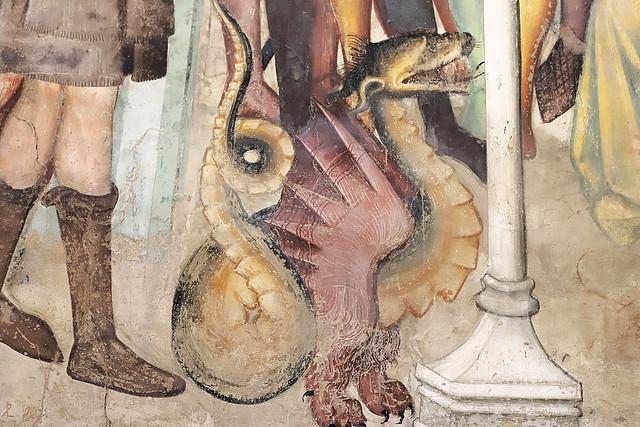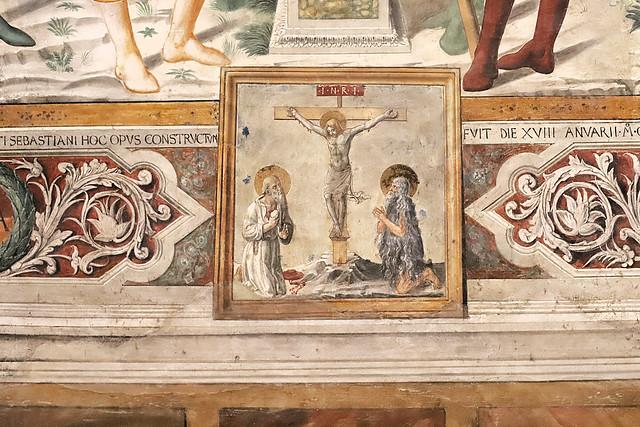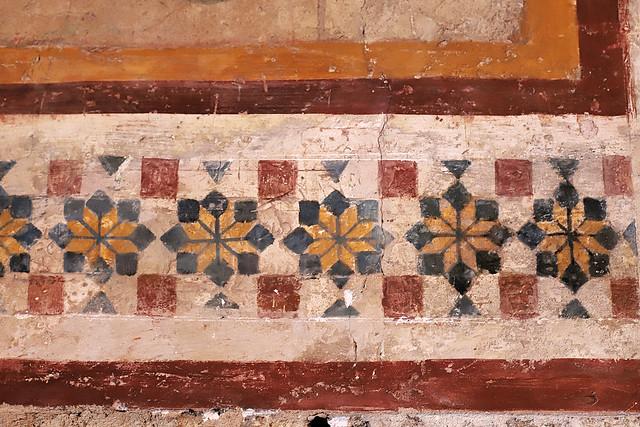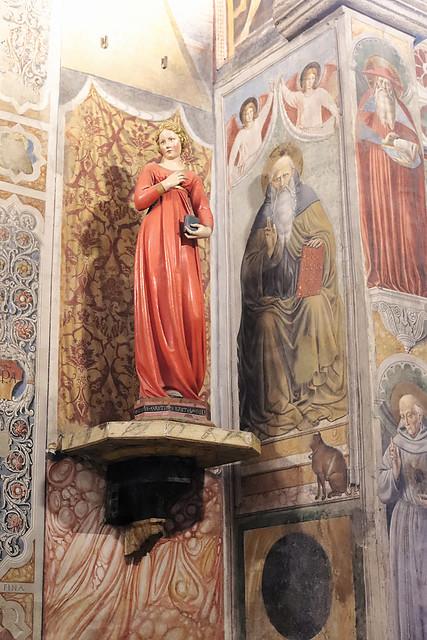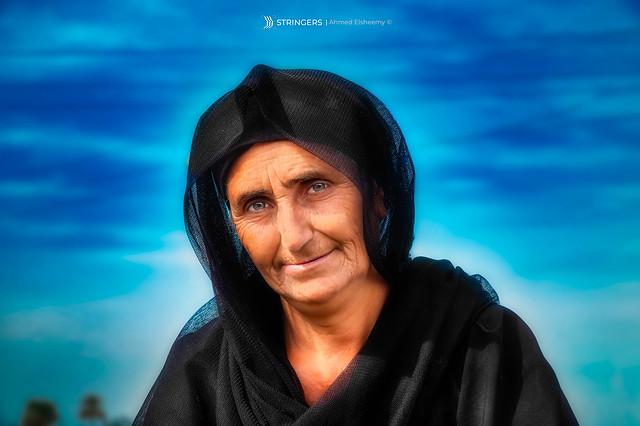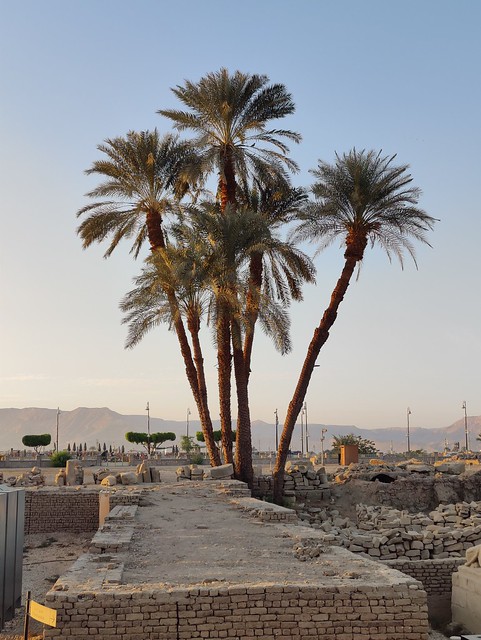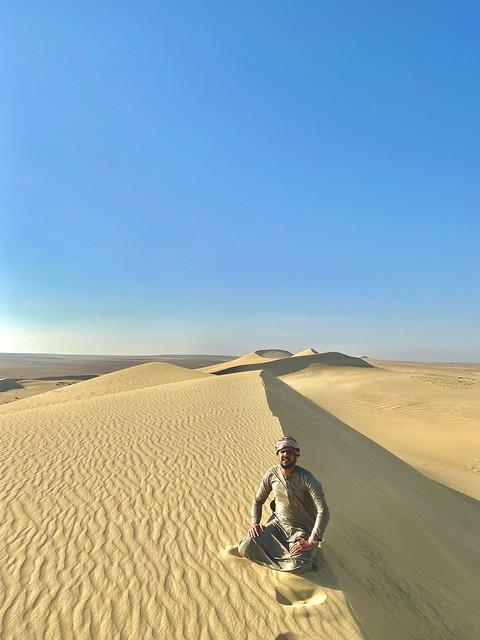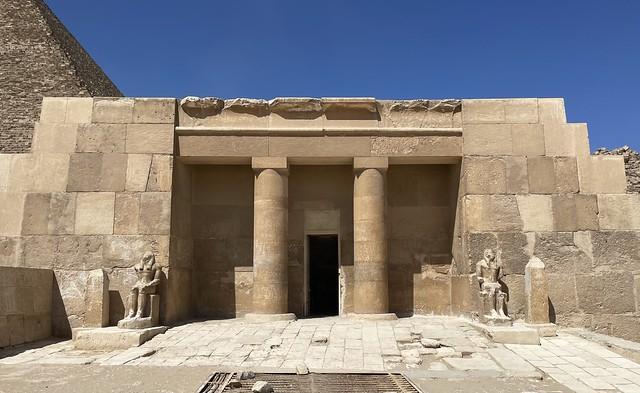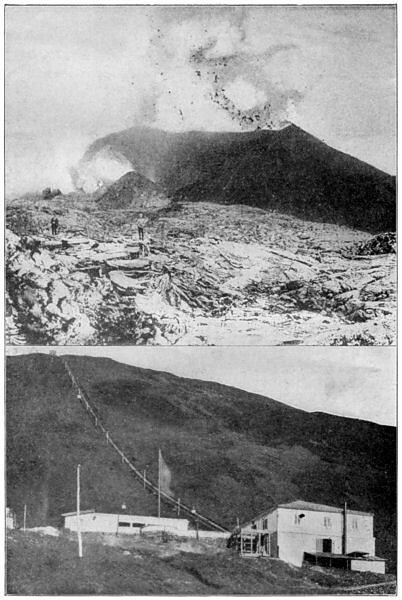South Sinai
Overview
Overview of South Sinai, Egypt:
South Sinai is a region of Egypt characterized by its stunning landscapes that blend desert with lush oases and the crystal-clear waters of the Red Sea. This area is steeped in history and culture, with its roots reaching back to ancient civilizations, including the Bedouins who have inhabited the area for generations. South Sinai is unique for its combination of historical, natural, and cultural attractions, including the iconic Mount Sinai, where it is believed Moses received the Ten Commandments. The region is also home to the Saint Catherine's Monastery, one of the oldest working Christian monasteries in the world, and a UNESCO World Heritage site, providing a fascinating glimpse into spiritual and religious histories.
High Season for Tourism:
The high season for tourism in South Sinai runs from November to March, when the weather is cooler and more comfortable for visitors, with average temperatures ranging from 15 to 25 degrees Celsius. This period avoids the scorching summer heat, making it ideal for exploring the natural and historical sites. Popular activities during these months include scuba diving and snorkeling in the Red Sea, known for its vibrant coral reefs and diverse marine life. Hiking in the Sinai mountains, especially the trek to the summit of Mount Sinai for a spectacular sunrise view, is another favored activity. Additionally, visitors can enjoy camel rides, desert safaris, and exploring traditional markets in towns like Sharm El-Sheikh.
Preparation for Travel:
Travelers planning to visit South Sinai should prepare adequately to ensure a smooth and enjoyable trip. Important preparations include obtaining the necessary visas, which can often be acquired on arrival for many nationalities, but checking current regulations is advised. It’s essential to pack appropriately for the climate; light clothing for the day, warmer layers for cool evenings, and suitable footwear for hiking are recommended. Visitors should also consider health precautions, such as vaccinations and travel insurance. Moreover, respecting local customs and traditions is crucial; modest clothing is advised, especially when visiting religious sites. Lastly, learning a few basic phrases in Arabic can be helpful for interaction with local residents and enriches the travel experience.
How It Becomes to This
History not available
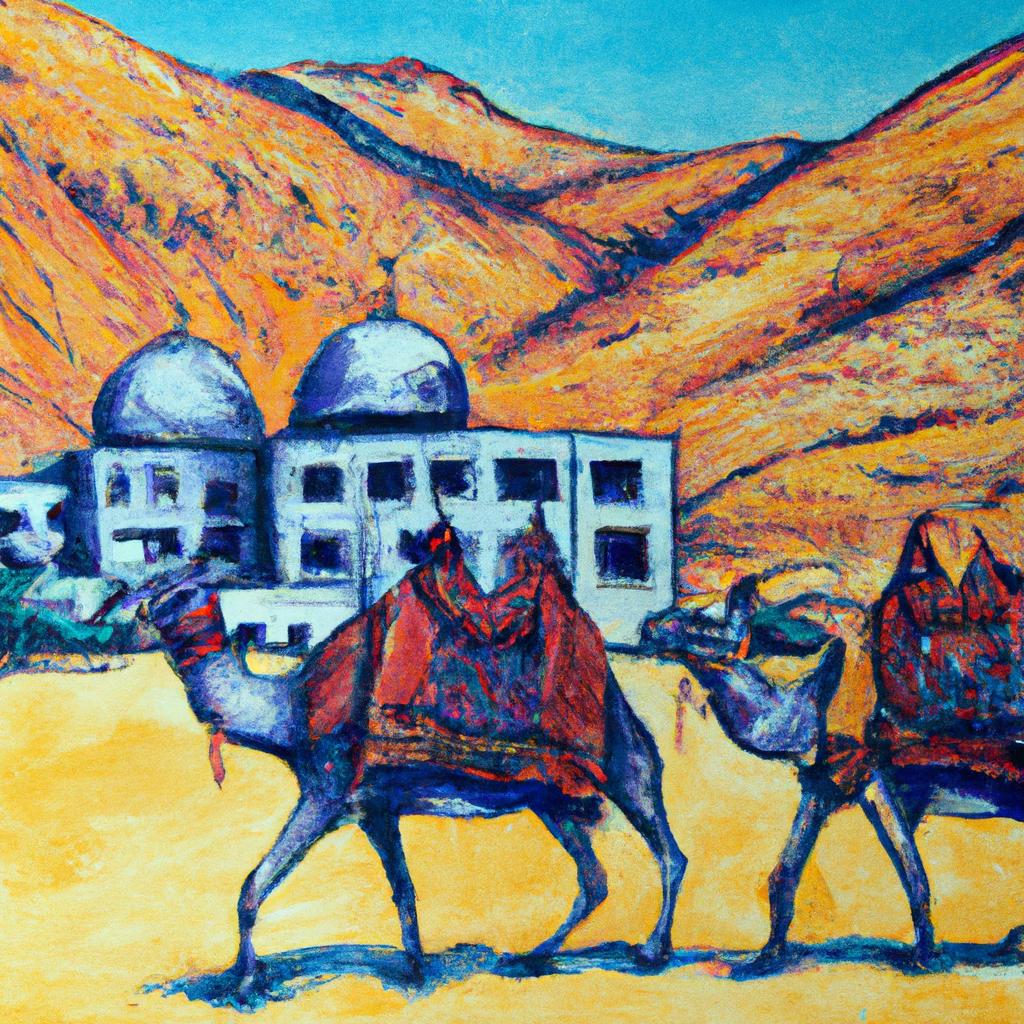
You May Like
Explore other interesting states in Egypt
Discover More Area
Delve into more destinations within this state and uncover hidden gems.


